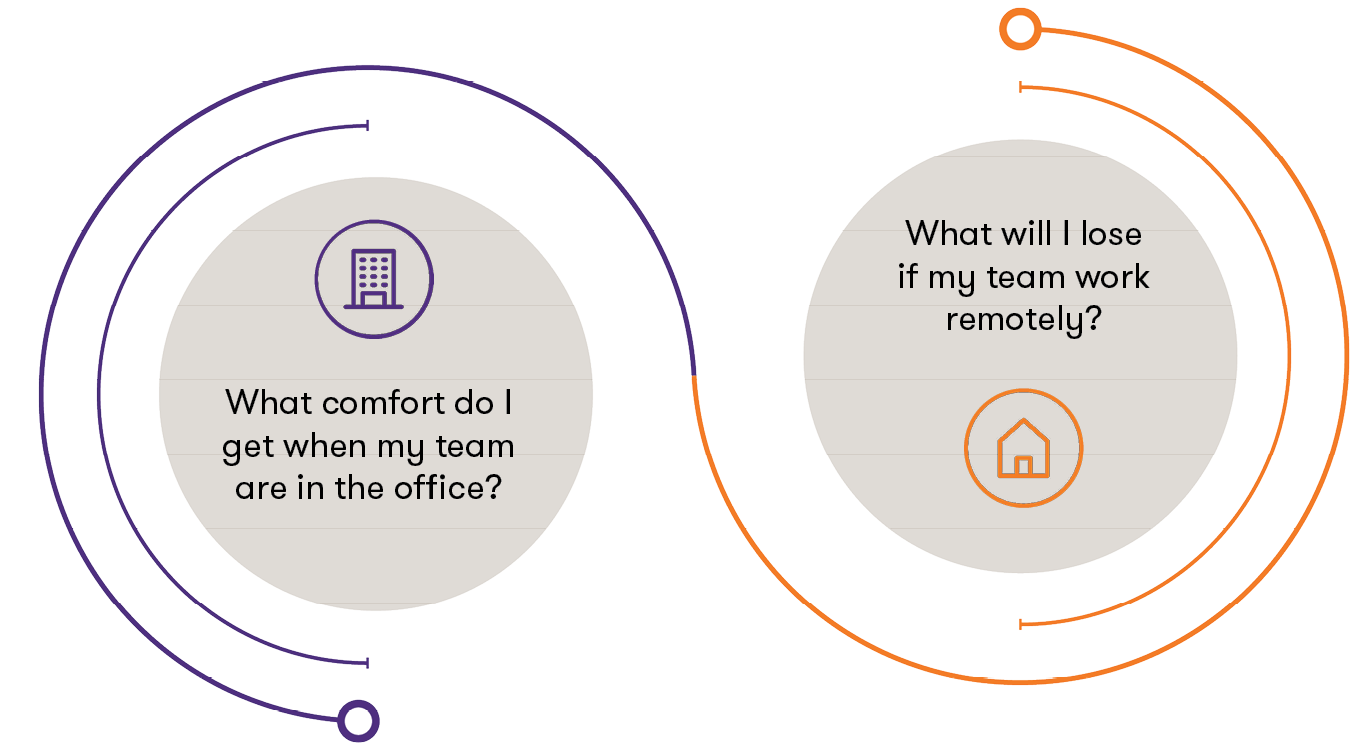by Patrick Gallen, Partner, People & Change Consulting at Grant Thornton Ireland
Flexible and remote working existed in Ireland by exception before COVID-19; today it is a way of working life. COVID-19 has enabled us to prove that flexible and remote working work but why are so many leaders still keen to ‘get back to normal’? Why is there a belief that having your team in a common physical space between dictated hours allows for better measurement of performance; and how do we challenge this paradigm?
I worked in London for 7 years in a large multinational; flexible and remote working was an accepted way of working, it was embedded into the culture to work where you want, when you want; as long as the expected output was met. When I returned home to Ireland in 2018 I couldn’t believe the low level of flexible and remote working available. In one experience, I witnessed a senior member of a division ask if it was ok to leave 15 minutes early. One adult asking another adult permission for 15 minutes – this is the aha moment. Maturity and trust are key factors to enabling an agile workforce and for this to happen we must challenge our thinking as leaders on 3 points:

As adults, why are we asking permission? Permission removes accountability and power, it is a safety mechanism to move responsibility from one person to another; but if we are not holding our teams responsible for managing their own time or empowering them to, what else are we not enabling them to be responsible for? Trusting our people to manage their own time and workload cultivates a mature and empowered culture; empowered people feel safe to be innovative and creative – without asking permission.
But if I trust them to manage their own time, how will I know they are delivering their work? Is work measured on attendance or output? In this new reality establishing the measurement of work will be a major indicator in what the future of flexible and remote working look like. If our approach as leaders is to look at output rather than attendance, we will need enhanced performance management frameworks, smarter objectives and measures.
Grant Thornton have worked with multiple clients to develop and implement performance management frameworks. Processes and systems are just the mechanism; nothing will embed without understanding and working with your people and teams. As leaders we need to focus on bringing performance management frameworks to life through valuing adding conversation and feedback, making performance management a meaningful experience.
And to come to our third point of challenge; is our lack of trust in employees working in a flexible or remote way based on evidence, or is it fear based? Take this example; two members of your team doing the same job with the same output but one is in the office and the other is at home – who do you unconsciously trust more? If it is the former, it might be fear based trust. As leaders it has never been more important to hold a mirror up to ourselves and find our own resistance:

As humans we all have insecurities and fears, every day we do what we can to protect ourselves; most of the time unconsciously. We might be protecting our sense of control, or positon or status. If we can develop as leaders, bring understanding to this by looking in, we may be able to apply more freedom when we look out.
There are many layers to effectively enabling flexible and remote working but if we can, as a start, understand and shift the resistance in ourselves. By bringing maturity and trust into the culture and establishing a consistent focus on output, we will open the gate to a fluid and effective flexible and remote working environment – without permission!
About the author
Patrick is the Partner leading Grant Thornton’s People and Change Consulting practice in Ireland. He has over 30 years of experience in People and Change, working right across Ireland, the UK and on a global basis. He specialises in delivering behavioural change through capability building, which can range from working on complex transformation projects right through to coaching senior Board members on a one-to-one basis. Patrick has deep cross-sectoral experience and his clients include large global banking and financial institutions, utility companies and well-known global brands in the food and drinks sector. His clients in the public and semi-state sector include Government Departments in the UK and Ireland, including Treasury and Finance Departments, Transport, Health and Utilities.











































